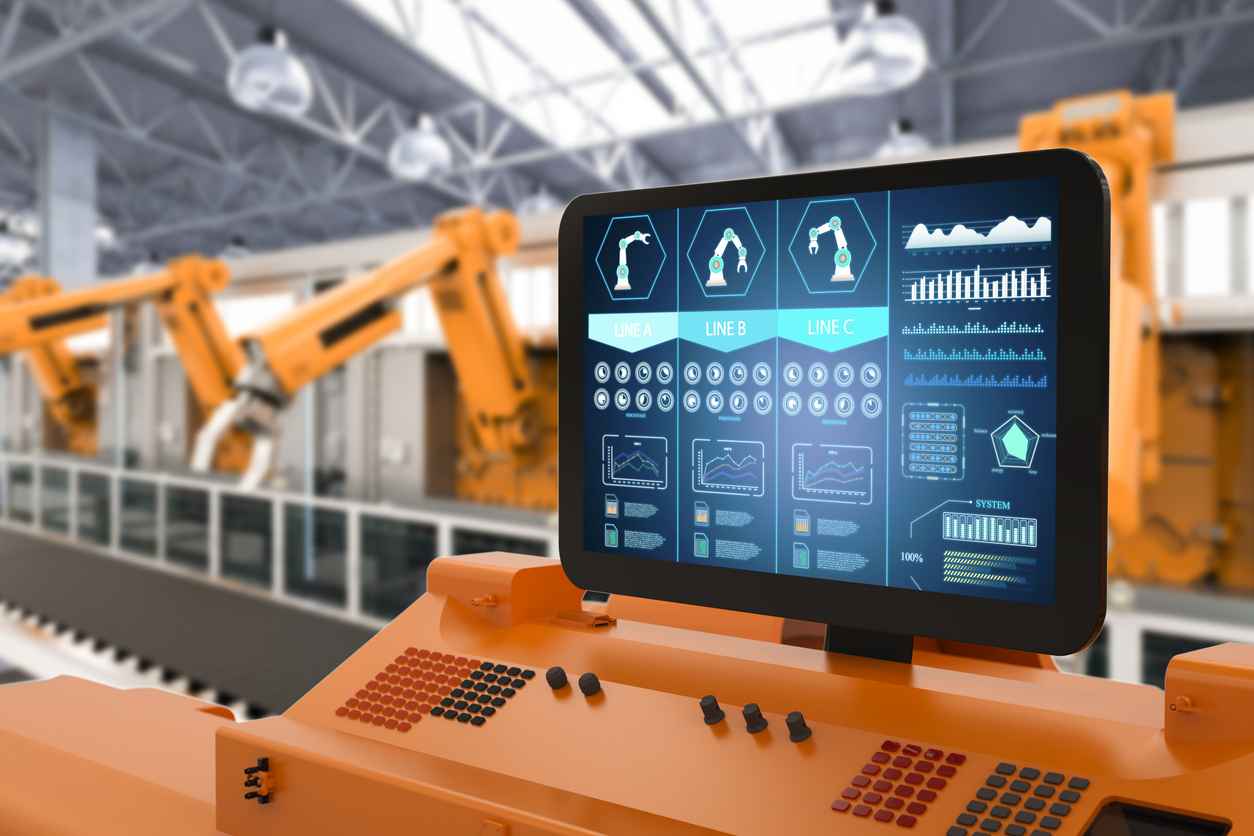
RoHS Compliance and the RoHS Directive in Electronics Manufacturing
September 5, 2024
In today’s rapidly advancing technological landscape, the need for environmentally responsible manufacturing practices has never been more crucial. The Restriction of Hazardous Substances (RoHS) directive, introduced by the European Union, plays a pivotal role in ensuring that electronic and electrical equipment is manufactured with minimal environmental impact. For companies like Fortec US, RoHS compliance is not just a regulatory requirement but a commitment to sustainability and safety.
What is RoHS Compliance?
RoHS is an EU directive that restricts the use of specific hazardous materials found in electrical and electronic products. First implemented in July 2006, the directive has undergone several revisions, with RoHS-II becoming effective on January 2, 2013, and RoHS-III on July 22, 2019. The primary goal of RoHS is to reduce the environmental and health risks associated with hazardous substances, ensuring safer disposal and recycling of electronic waste.
Key Differences Between RoHS, RoHS-II, and RoHS-III
While the original RoHS directive focused on restricting six hazardous substances—lead, mercury, cadmium, hexavalent chromium, polybrominated biphenyls (PBB), and polybrominated diphenyl ethers (PBDE)—the subsequent updates have expanded the scope and included additional substances. RoHS-II introduced the requirement for CE compliance declarations to include RoHS, further integrating the directive into the European market’s regulatory framework.
RoHS-III expanded the list of restricted substances to include four additional phthalates: butyl benzyl phthalate (BBP), di(2-ethylhexyl)phthalate (DEHP), dibutyl phthalate (DBP), and diisobutyl phthalate (DIBP). These substances are commonly used as plasticizers in electronic equipment, and their restriction has been a significant step towards reducing the environmental impact of electronics manufacturing.
Why RoHS Compliance Matters
RoHS compliance is critical for several reasons:
- Environmental Protection: By restricting the use of hazardous substances, RoHS reduces the ecological impact of electronic waste. This leads to safer recycling processes and minimizes the risk of soil and water contamination.
- Consumer Safety: Products that comply with RoHS are less likely to contain harmful chemicals, making them safer for consumers. This is particularly important for electronic devices that are used daily and come into close contact with users.
- Market Access: RoHS compliance is mandatory for companies looking to sell products in the European Union. Non-compliance can result in significant fines, product recalls, and loss of market access.
- Corporate Responsibility: Adhering to RoHS regulations demonstrates a company’s commitment to sustainability and corporate social responsibility. It reflects a proactive approach to reducing environmental impact and ensuring the safety of consumers.
Fortec US Leading RoHS Compliance for Safe Sustainable Electrical and Electronic Equipment Including Consumer Electronics
RoHS compliance is more than just meeting a regulatory standard; it’s about contributing to a safer and more sustainable future. At Fortec US, we are proud to offer products that align with RoHS’s stringent requirements, ensuring that our customers receive the highest-quality and most environmentally responsible solutions available.
By prioritizing RoHS compliance, we not only protect our environment but also ensure that our products are safe, reliable, and suitable for global markets. As the electronics industry evolves, Fortec US remains committed to leading the way in sustainable and compliant manufacturing practices. Contact us today to learn more about our products, services, and commitment to safety.

How Smart Display Solutions Will Drive Brand Visibility in 2026
January 7, 2026

How Fortec US Helps Companies Navigate End-of-Life Components
January 5, 2026

The Benefits of Touchscreen Integrated Displays
December 8, 2025

Why Retailers Need Stronger Cybersecurity Strategies During the Holidays
December 5, 2025

Staying Safe This Season: Cybersecurity Tips for Online Shoppers
December 2, 2025

What Makes a Display Industrial Grade?
November 6, 2025


